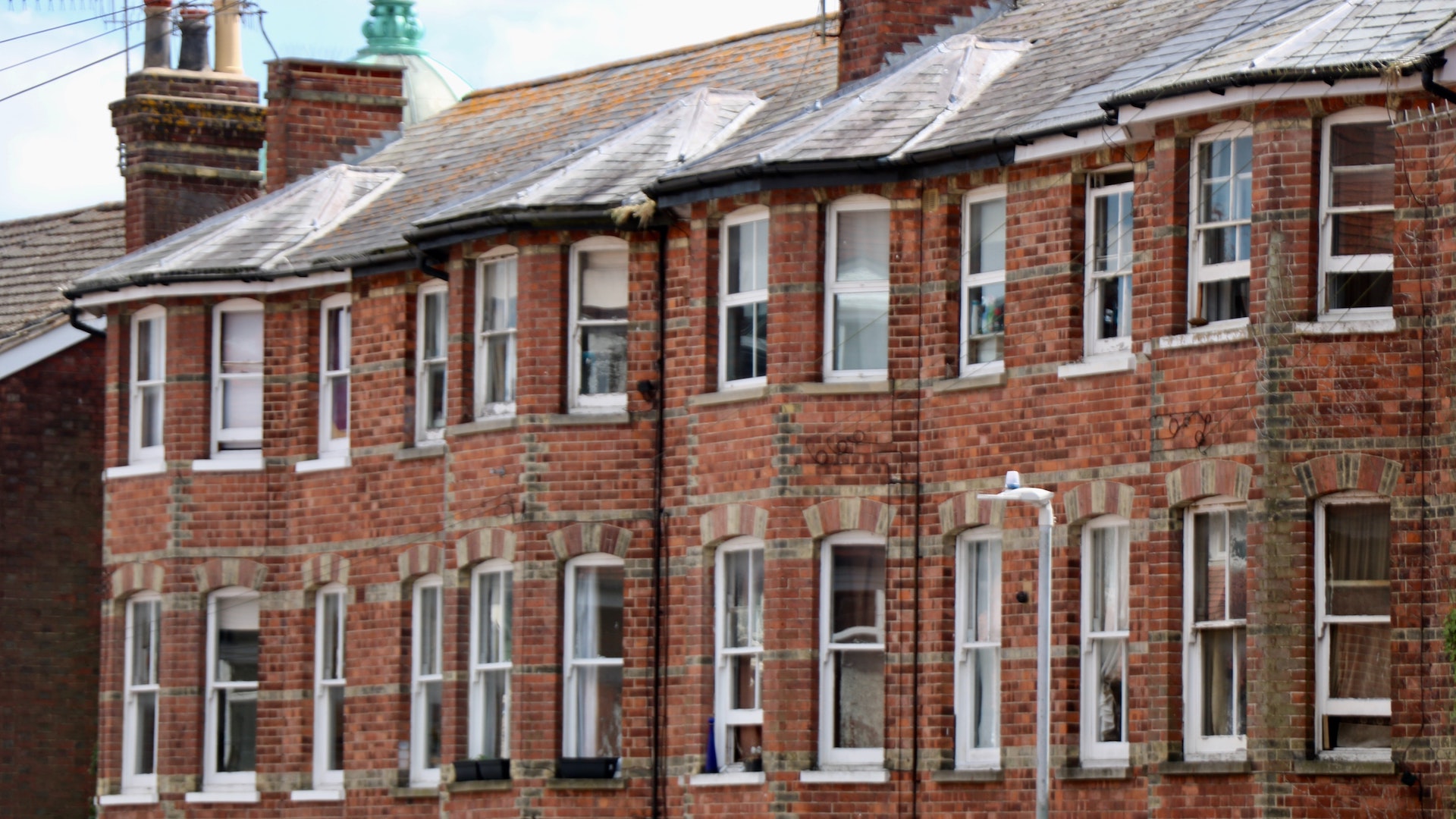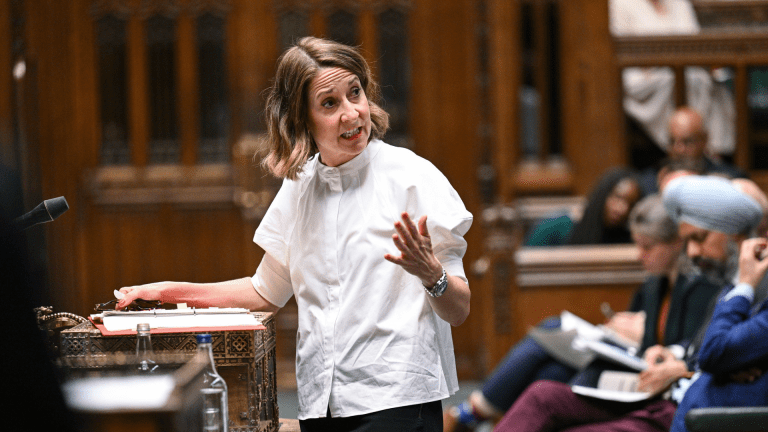Last week was Empty Homes Week. Many organisations spent it saying they want to reduce the numbers of vacant homes to address the housing crisis, making them available for those who are homeless and facing housing emergencies.
But while there is nothing wrong with bringing derelict homes back into use, this sentiment gets the logic of the housing shortage the wrong way round – we actually need more empty homes to end the housing crisis.
Statistics on empty homes are often alarming at first glance. For instance, 268,000 homes have been identified in England as “long-term empty”, defined as empty and unused for more than six months. This does not include “unoccupied” homes which are empty between moves, or in-use “second homes”.
But while this sounds like a lot, it is not actually that many compared to the total 24,400,000 homes in England. Long-term vacant homes are only 1.1 per cent of the total housing stock.
Lockdowns have taken income away from hundreds of Big Issue sellers. Support The Big Issue and our vendors by signing up for a subscription.
Furthermore, England appears to have an unusually low housing vacancy rate compared to other countries with more affordable housing. The Netherlands in 2014 had 272,000 long-term empty homes – but as the Netherlands is a much smaller country than England, this is 3.6 per cent of the total housing stock. Likewise, 5.6 per cent of Japanese homes are long term vacant. In fact, every country in Europe has a higher share of unoccupied homes than us, except Poland.










